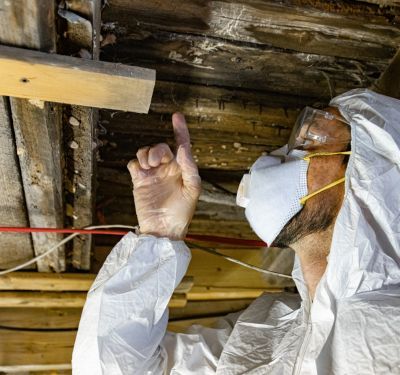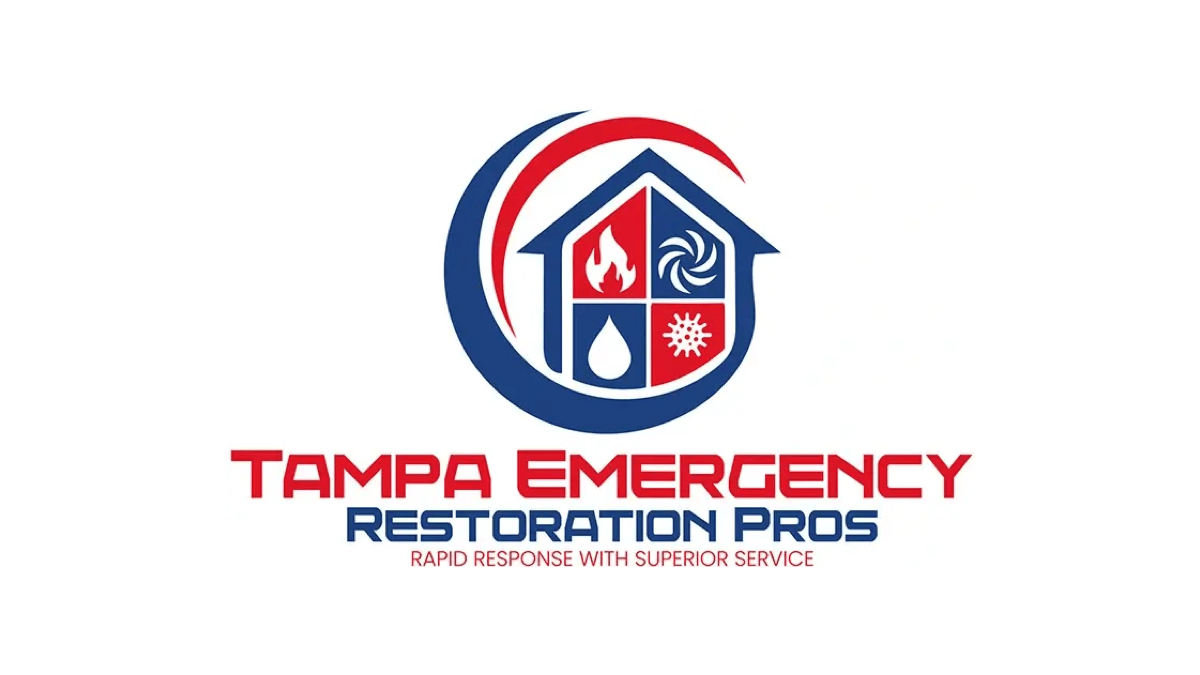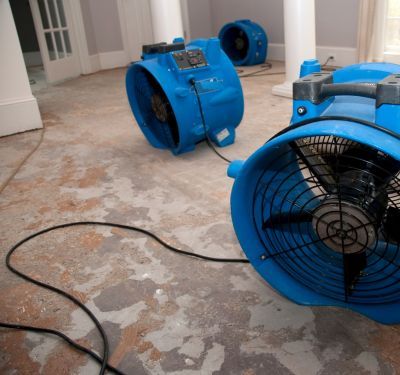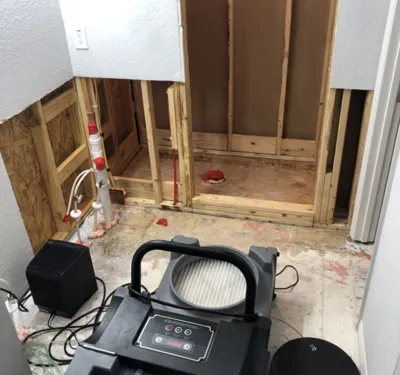Understanding the Health Risks of Poor Indoor Air Quality in Tampa

Tampa’s humid climate creates an environment ripe for poor indoor air quality (IAQ), often unseen yet significantly impactful. Whether from mold spores, dust mites, or chemical pollutants, the air inside your home or workplace could silently harm your health. You may think indoor air is safe, but research shows it can be more polluted than outdoor air, leading to serious long-term effects.
Living in a space with substandard air quality can have severe consequences, ranging from mild irritation to life-threatening conditions. Poor IAQ often goes unnoticed until symptoms escalate, making it critical to address this issue early.
From respiratory issues to heart conditions, understanding the health risks of poor indoor air quality in Tampa is the first step toward improving your living conditions. In this blog post, we’ll explore the various health risks associated with poor indoor air quality, particularly relevant to residents of Tampa, to help you protect your health.
Respiratory Infections
Pollutants such as mold, dust mites, and pet dander can aggravate the respiratory system, causing infections like bronchitis or pneumonia. When these airborne particles are inhaled, they inflame the nasal passages and lungs, making it harder for your body to fend off viral or bacterial infections.
Humidity levels are high in most of Florida, allowing mold to thrive and become the leading cause of respiratory issues indoors. It’s not just about sneezing or coughing; frequent exposure can lead to chronic respiratory conditions that linger and worsen over time. This includes exacerbating asthma or leading to conditions like COPD.
Worsened Asthma Symptoms
In Tampa, the combination of humidity and pollen from outdoor spaces can worsen indoor air quality, leading to more frequent asthma attacks. Pollutants like tobacco smoke, pet dander, and dust mites exacerbate the problem, inflaming the airways and making it difficult for asthmatics to breathe.
The triggers are often present even in clean-looking homes, hiding in carpets, upholstery, and even the HVAC system. For children and older adults, whose immune systems are more fragile, poor IAQ can significantly worsen their quality of life.
Cardiovascular Problems
When pollutants like carbon monoxide or fine particulate matter enter the bloodstream through the lungs, they can cause inflammation in blood vessels, leading to cardiovascular issues. For Tampa residents who may already be vulnerable to high humidity levels, keeping an eye on IAQ is crucial for protecting heart health.
Allergic Reactions
Allergies are often triggered by common pollutants that accumulate indoors. Even if you’re not prone to allergies, poor indoor air quality can lead to skin irritation, a runny nose, or itchy eyes.
For allergy sufferers, these symptoms can be far more severe, leading to chronic sinusitis or eczema. Homes with inadequate ventilation can trap these allergens, making it harder to get relief even after treatment.
Fatigue and Cognitive Decline
Poor indoor air quality affects oxygen levels, leading to reduced cognitive function and overall energy. Contaminants like volatile organic compounds (VOCs) from paints, furniture, and cleaning products can make you feel sluggish and reduce your ability to focus.
Tampa homes are often sealed to keep out the heat, leading to poor air circulation and VOCs accumulation. This stagnant air can make you feel lethargic and less productive. Improving IAQ with air purifiers, regular ventilation, and eliminating VOC-emitting products can help boost your cognitive health and energy levels.
Skin Irritation
Your skin is your body’s largest organ, and it’s highly sensitive to the quality of air you’re exposed to. Poor indoor air quality in Tampa can cause eczema, psoriasis, or dermatitis. Pollutants like mold, pet dander, and chemical residues from cleaning products can inflame the skin, causing redness, itchiness, and even rashes.
Weakened Immune System
A little-known fact about poor indoor air quality is its effect on your immune system. Exposure to pollutants like mold spores, bacteria, and VOCs can suppress immune responses, making you more susceptible to illnesses. Over time, living in an environment with poor IAQ weakens your body’s ability to fight off common infections such as the flu or cold.
In Florida, mold and bacteria multiply due to high humidity, exacerbating the problem. By the time you realize your immune system is compromised, you may already be facing frequent illnesses or delayed recovery times.
Worsened Symptoms of Chronic Illness
For those already suffering from chronic illnesses like diabetes, cancer, or autoimmune disorders, poor indoor air quality can exacerbate symptoms. Pollutants such as dust, mold, and smoke create additional stress on the body, intensifying the symptoms of chronic diseases.
In Tampa, homes and offices that lack proper ventilation can trap these harmful particles, making recovery more difficult for those with weakened immune systems. Such conditions can lead to frequent hospital visits and longer recovery times.
Sleep Disorders
Poor indoor air quality can disrupt your sleep cycle by causing respiratory issues, allergic reactions, and even skin irritations that make sleeping difficult. Contaminants like VOCs, dust, and mold can trigger coughing fits, sneezing, and itchiness.
Heat and humidity often lead to closed windows and increased air conditioning use. IAQ can suffer, making it harder to breathe at night. Prolonged sleep disturbances can lead to insomnia, stress, and depression.
Increased Risk of Lung Disease
One of the most dangerous risks of poor indoor air quality is the development of lung diseases. Prolonged exposure to pollutants like tobacco smoke, mold, and chemical fumes can lead to severe conditions such as chronic bronchitis, emphysema, or even lung cancer.
The risk of lung disease increases if IAQ is not managed. Smoking indoors, using harsh chemicals, and neglecting ventilation are common causes of lung damage.
Take Control of Your Indoor Air Quality
Now that you understand the health risks associated with poor indoor air quality in Tampa, it’s clear that the quality of the air you breathe directly impacts your health in many ways. From respiratory infections and worsened asthma symptoms to cardiovascular problems, the risks are numerous and far-reaching.
Simple actions like using air purifiers, maintaining proper ventilation, and regularly cleaning your home can make a big difference. But sometimes, more complex issues like mold infestations or HVAC problems require expert intervention.
At Tampa Emergency Restoration Pros, we perform air quality testing and help you restore indoor air quality. Our team is equipped with the latest technology to identify and eliminate sources of pollution in your home, providing you with cleaner, safer air.
Your health is too important to risk—let us help you breathe easier. Call Tampa Emergency Restoration Pros today.
FAQs
Is indoor air quality worse in winter?
Yes, indoor air quality can worsen during winter as people keep windows closed, limiting ventilation. This traps pollutants like dust, dander, and chemicals inside.
How does indoor air pollution impact children’s health?
Children’s developing lungs are more vulnerable to indoor air pollution. Exposure to pollutants like dust, mold, or chemicals can cause respiratory problems, asthma, or developmental issues.
Does poor indoor air quality cause chronic headaches?
Yes, exposure to indoor pollutants like chemical fumes, carbon monoxide, or VOCs from cleaning products can trigger chronic headaches or migraines, especially in poorly ventilated spaces. These pollutants can irritate the nervous system and affect overall well-being.
Can exposure to indoor air pollutants cause chronic sinus issues?
Yes, pollutants like dust, mold, and chemicals can irritate the nasal passages, leading to chronic sinusitis, congestion, and inflammation. Repeated exposure to poor air quality can worsen sinus problems and lead to more frequent infections.

Other Blogs You May Be Interested In
Categories







